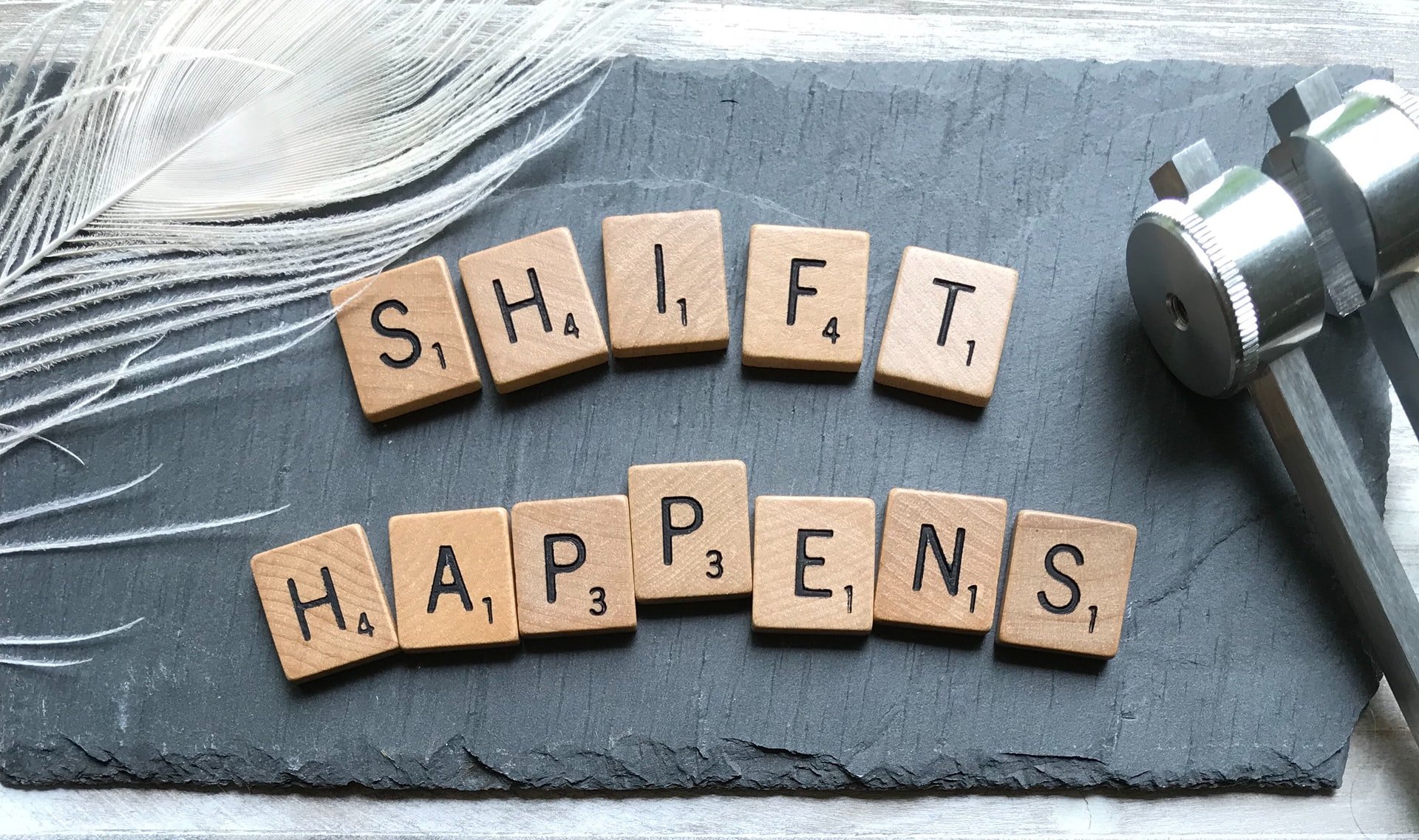
Addiction stops intimacy. How can we reconnect?
In the first article talking about addiction, we talked about a loss of reconnection; now, our sex therapist shows us how to reconnect again.
If you missed Part 1, here it is: Is Addiction A Barrier To Intimacy?
So, what happens when we find ourselves engaging more and more in the mood-altering substance or behaviours?
This is when we become addicted. As our primary mission is to continue feeling good and escape pain, we will continue to feed our addiction and ensure that no one gets in our way – including our loved ones. This is where intimacy and connection start to break down and suffer in relationships.
All this time, our enlightened brain (our thinking brain, Prefrontal cortex) has lost the battle to our Limbic System; we cannot reason and are purely focused on getting more substance or behaviour. Even though our thinking brain wants to desperately connect with others, it is being locked out by the Limbic System. It is at this stage, where we need to heal from the disturbing event or events that transpired in childhood, so that we can change our lives for the better. As we do this, we can then work on connecting with others by practicing breaking the bad habits we have picked up along the way. This is done in a non-judgmental, confidential, and safe space in therapy and rehabilitation centres.
What does recovery look like?
This means a few things such as being present – this means that if you are having a conversation with your partner, you are not checking your phone or Facebook! as your partner speaks. Being present means that you are not watching the clock, waiting for 5pm on Friday, anticipating a night out binge drinking with friends. Being present means that as you hold your baby on your lap to spend some quality time, you will not be watching TV or posting selfies. Being present means that you are really there, in that space, with that person, not thinking of anything or anyone else. This is true connection.
What else does recovery look like?
This also means that you are now accepting and allowing feelings to flow through you. You are no longer avoiding them or numbing the pain caused by them (by engaging in mood altering substances or behaviours, like alcohol, for example). In recovery, you are working through the emotions that come with these experiences, and the cravings to use something to stop the emotions. You are also taking responsibility and accepting who you are as an individual and connecting with yourself, others, and a higher power (whatever you may believe in).
Joining fellowship group meetings with others is also a way to share, find comfort and get support with others in recovery. In recovery, you are willing, honest, and open minded in getting what you need. You are also no better or worse than anyone else. You acknowledge your fears and limitations by asking for help and have a renewed focus in being of service to others and that there is something much bigger than you.
So, what does all this mean?
You need to be ready to be in recovery. When you are ready to make the decision to be in recovery, there are two questions to ask yourself before doing anything; one: is this for your addiction or your recovery? and two: will this cause you to disconnect or connect?
To sum it all up, if we heal from negative beliefs and traumatic events, we can choose to leave the past in the past and be present; this is what therapy helps us do. We can choose to acknowledge our fears and take responsibility for them. We can choose to take that risk and be open to intimacy, by being vulnerable. We can choose to believe that we are awesome and loveable. We can choose to be connected to those we love and focus less on numbing, controlling, or manipulating people and situations. We can choose to have a peaceful and more authentic life in recovery.
If you have been triggered by anything you have a read here, please reach out to a therapist with your concerns.
Have you ever dated someone who is an addict? What was your experience?

I would wish to call a…
I would wish to call a therapist
Hi Allan, thank you for…
Hi Allan, thank you for getting in touch. Are you currently struggling with some form of addiction? What kind of therapy do you feel you require? Please let us know.